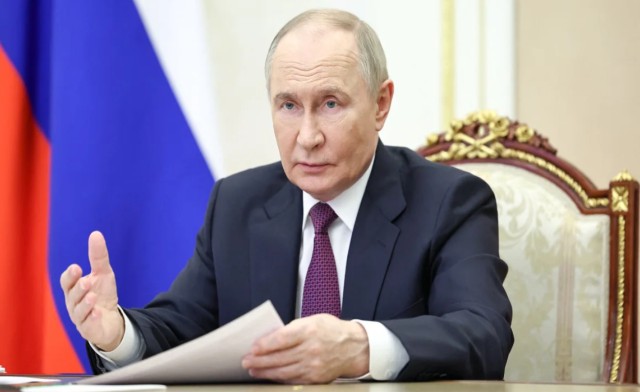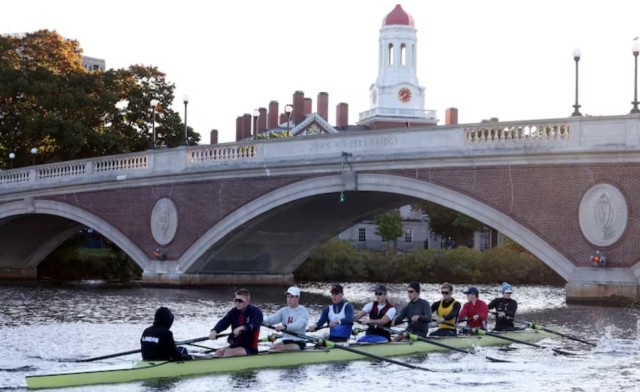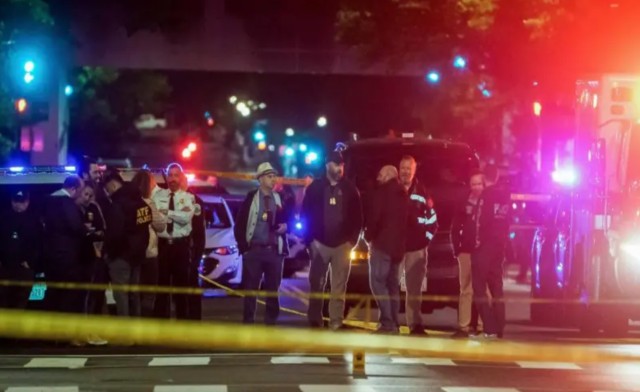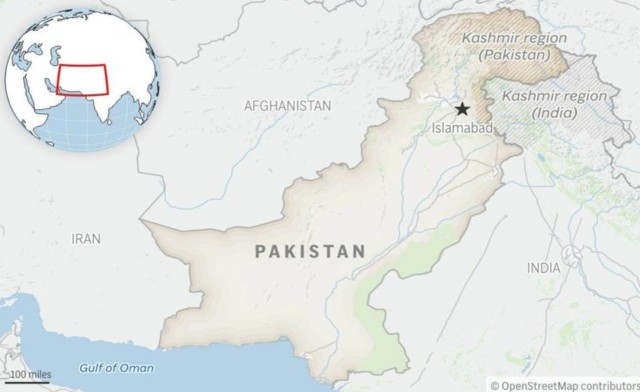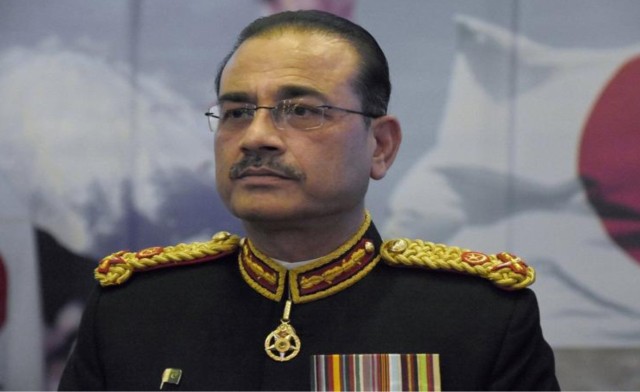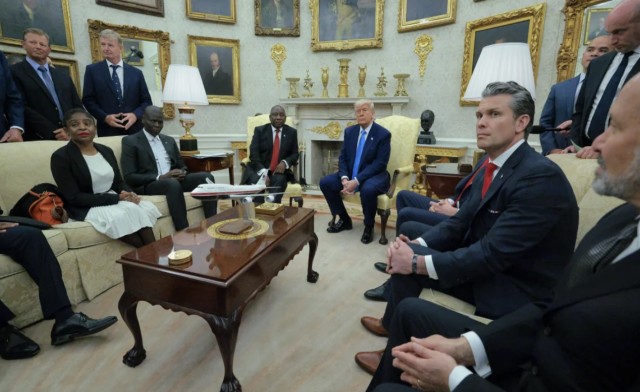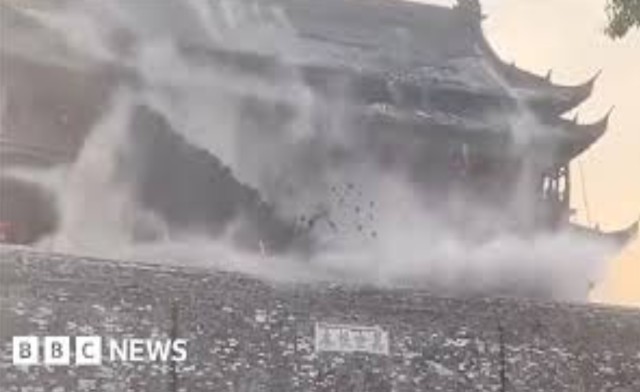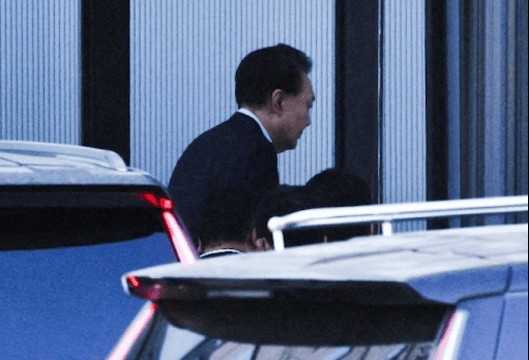
South Korea's impeached President Yoon Suk Yeol reached the Corruption Investigation Office for High-ranking Officials (CIO) in Gwacheon, South Korea, on January 15, 2025. Reuters
South Korea witnessed a dramatic turn in its political landscape as investigators arrested impeached President Yoon Suk Yeol on Wednesday. The arrest came after weeks of a tense standoff stemming from allegations of insurrection tied to his declaration of martial law on December 3. This unprecedented event marks the first time in the nation’s history that a sitting president has been taken into custody.
Since his impeachment by lawmakers on December 14, Yoon had remained in his hillside residence under the protection of his private security detail, which had successfully repelled earlier attempts to arrest him. However, this stalemate broke early Wednesday morning when over 3,000 police officers converged on his property, employing firefighting tools to breach the security perimeter.
In a defiant statement issued before his surrender, Yoon said he was compelled to comply with the investigation to avoid violence. "When I saw them break into the security area using firefighting equipment today, I decided to respond to the CIO’s investigation – despite it being an illegal investigation – to prevent unsavoury bloodshed," he declared.
Yoon’s motorcade was seen arriving at the anti-corruption agency leading the investigation shortly thereafter. Authorities now have 48 hours to interrogate the former leader. They must either obtain a warrant to detain him for up to 20 days or release him.
Supporters of Yoon gathered near his residence during the arrest, with emotions running high. Some clashed with police as the reality of the situation unfolded. Tearful demonstrators expressed their anger and disbelief, while the police maintained order amidst the chaos.
Yoon’s lawyers strongly criticized the arrest, labeling it a politically motivated move aimed at tarnishing his image. They also argued that the investigation itself is unlawful and lacks proper justification.
The roots of this political upheaval can be traced back to Yoon’s surprising and controversial declaration of martial law. This decision shocked the nation, disrupted Asia’s fourth-largest economy, and triggered significant political instability. Lawmakers reacted swiftly, voting to impeach him and strip him of his duties just days after the announcement.
Adding to the complexity of the situation, the Constitutional Court is now deliberating whether to uphold Yoon’s impeachment or restore his presidential powers. Their decision will have far-reaching consequences for the nation’s governance and future political direction.
This arrest is yet another chapter in South Korea’s history of holding its leaders accountable. However, the circumstances surrounding Yoon’s case—marked by allegations of insurrection, his controversial martial law declaration, and the dramatic standoff—set it apart from previous cases involving former presidents.


